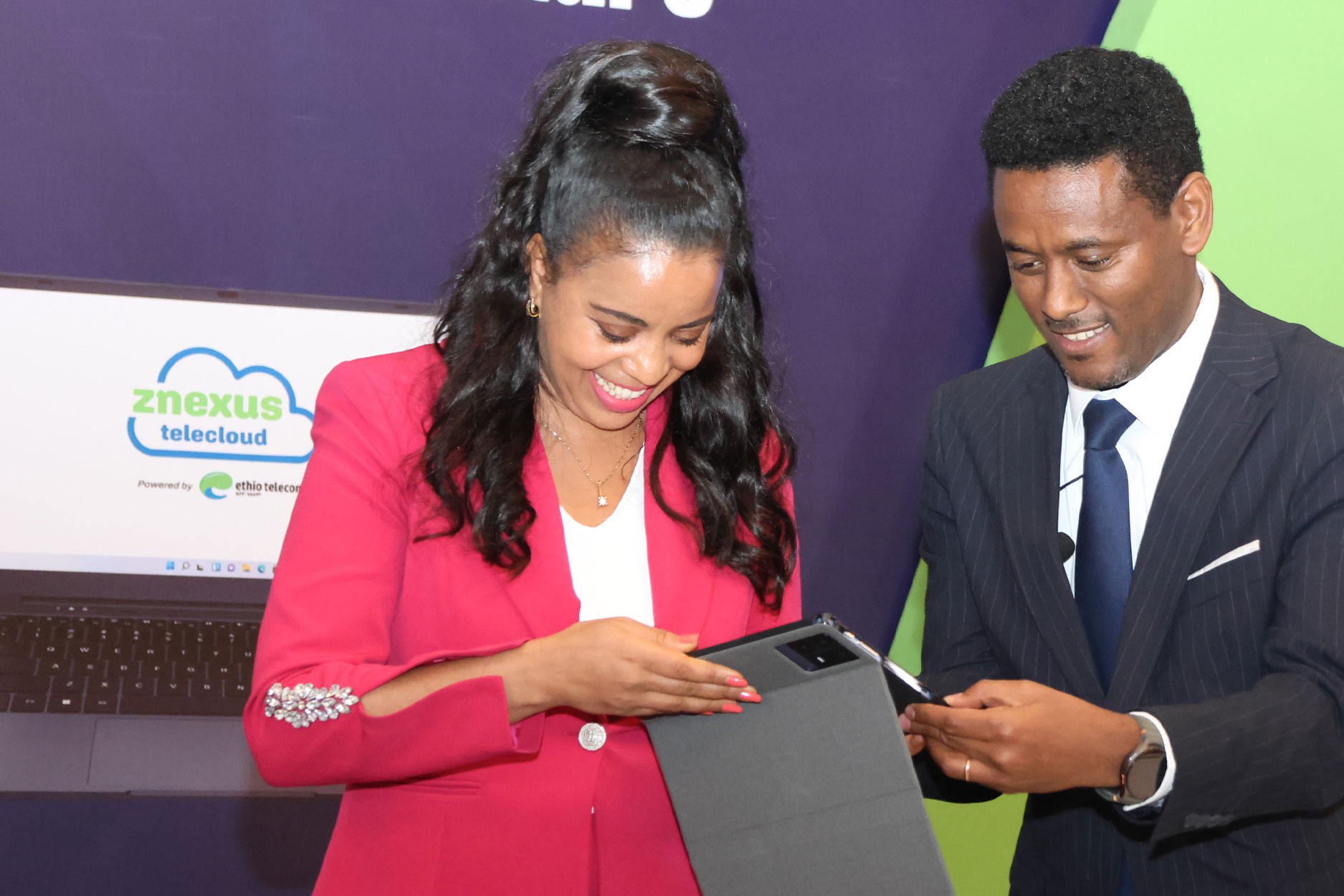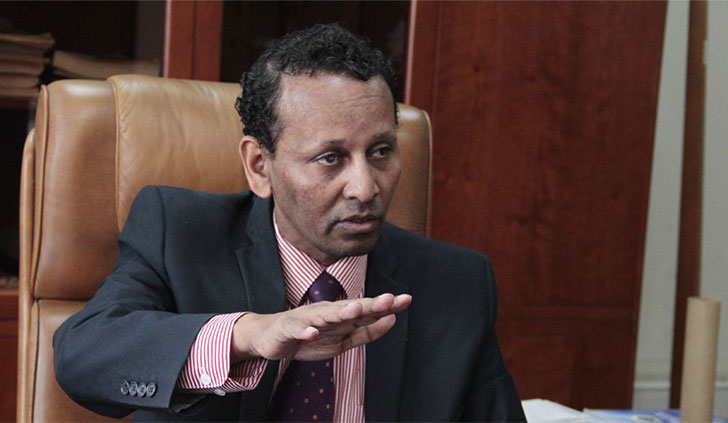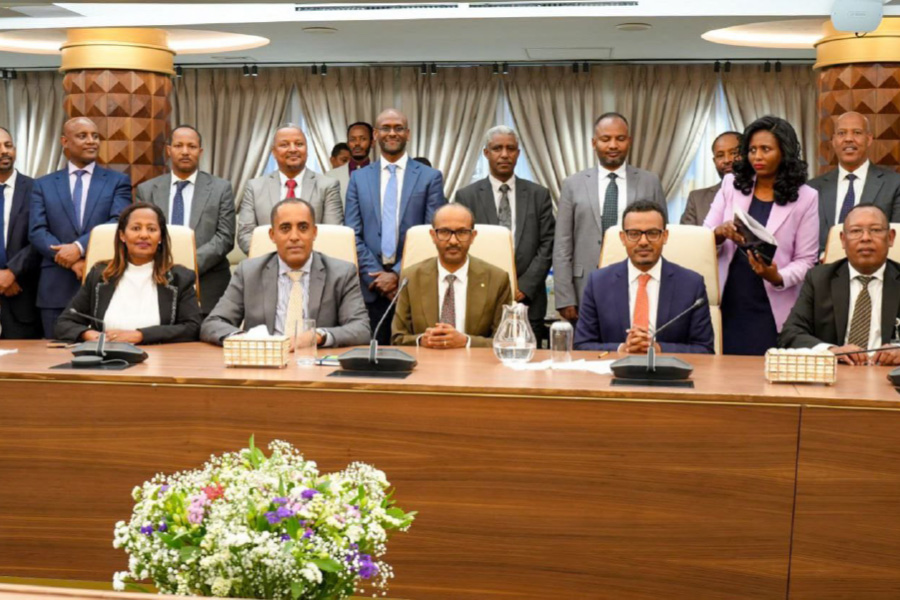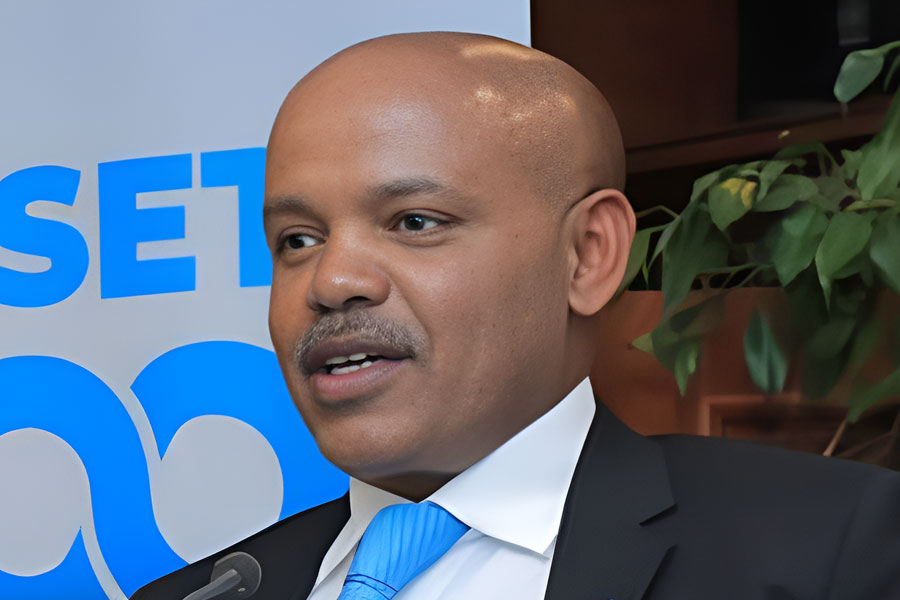
The Ethiopian Space Science & Technology Institute is moving forward with two of three planned space programmes following three years of delays. A satellite assembly construction, integration and testing (AIT) centre and the launch of the country's second remote satellite, dubbed "EPRSS2", are underway.
Its officials have the ambition to see the Institue develop and assemble six satellites.
The Institute is also pursuing the development of a communications satellite project. Its officials will select consultants next week, where close to 17 companies vie for the contract, including six interested in the assembly construction. The integration and testing centre building, proposed three years ago, was initially scheduled to start two years ago. It was projected to cost 50 million euros, of which half was to be sourced from the European Investment Bank (EIB), while 15 million euros was expected from France.
The federal government was to cover the balance, according to Yeshurun Alemayehu (PhD), deputy director-general.
A tripartite agreement had been reached between the EIB, the federal government, and the French space company, ArianeGroup. The latter made a deal with the Ethiopian government two years ago to proceed with the facility's construction. According to people knowledgeable of the project, the Group had offered its services to conduct a feasibility study in partnership with the Institute at no cost.
The agreement with the EIB was dropped after the Bank questioned the funding that was to come from the French government, Yeshurun disclosed.
“The Bank requested a bid be floated to select potential candidates," he said.
Established in 2016, the Institute is tasked with Ethiopia’s space programmes. It is led by Abdissa Yilma, a technology management graduate who previously worked as an advisor for the Minister of Innovation & Technology. He served as deputy director-general of the Institute for three years before assuming the top leadership.
Last year, the federal government apportioned a 28 million Br budget for the Institute. The budget jumped to 190 million Br this year, including the financing of the construction of an inspection centre, the development of a high-resolution satellite, and an earth observatory satellite project. It was spent paying for the feasibility study of the proposed projects and hiring a consultant, according to Yeshurun.
The Institute operates with a recurrent budget of 111 million Br this year.
Although Ethiopia dedicates a fraction of its federal budget to pay for space endeavours, it can pursue programmes by partnering with advanced countries, says Biruk Terefe, former deputy manager of the Ethiopian Space Science Society.
“The challenge is knowing which problems are to be addressed with the space programme,” he said.
The consultancy firms officials of the Institute select will develop project proposals and bid documents to hire contractors. They are also keen to open an aerospace workshop to train professionals to address the skill gap they anticipate after the centre's construction is completed. The integration and testing centre was approved by the Ministry of Planning & Development last year, while a communications satellite launching awaits approval after submitting it earlier this year.
Although a feasibility study was conducted last year with funding from the federal government, it has faced delays.
Messay Woldehana, manager of the communications satellite project, attributed the delay to the "fast-changing nature of the technology” the Institute pursues.
Ethiopia launched its first imaging satellite from the Chinese Long March 4B rocket in December 2019. It is under the purview of the Ground Control Station at the Entoto Observatory & Research Center in Addis Abeba. It has an average lifespan of three years and is likely to be unfit for service by year-end.
"Institutions and regional governments are using various data collected by the satellite," confirmed Melaku Muka, the Institute's satellite research development and operation director.
The Ministry of Defense and the Ethiopian Sugar Corporation are the primary beneficiaries.
The development of the second satellite was designed to coincide with the expiration of the first satellite.
PUBLISHED ON
Apr 22,2022 [ VOL
23 , NO
1147]

Radar | Jan 18,2020

Fortune News | Jun 01,2019

Radar | May 13,2023

Radar | Apr 16,2022

Fortune News | Jun 29,2019

Fortune News | Nov 03,2024

News Analysis | Feb 03,2024

Radar | Jul 13,2025

Radar | Dec 10,2022

Radar | Jan 18,2020

Dec 22 , 2024 . By TIZITA SHEWAFERAW
Charged with transforming colossal state-owned enterprises into modern and competitiv...

Aug 18 , 2024 . By AKSAH ITALO
Although predictable Yonas Zerihun's job in the ride-hailing service is not immune to...

Jul 28 , 2024 . By TIZITA SHEWAFERAW
Unhabitual, perhaps too many, Samuel Gebreyohannes, 38, used to occasionally enjoy a couple of beers at breakfast. However, he recently swit...

Jul 13 , 2024 . By AKSAH ITALO
Investors who rely on tractors, trucks, and field vehicles for commuting, transporting commodities, and f...

Oct 11 , 2025
Ladislas Farago, a roving Associated Press (AP) correspondent, arrived in Ethiopia in...

Oct 4 , 2025
Eyob Tekalegn (PhD) had been in the Governor's chair for only weeks when, on Septembe...

Sep 27 , 2025
Four years into an experiment with “shock therapy” in education, the national moo...

Sep 20 , 2025
Getachew Reda's return to the national stage was always going to stir attention. Once...